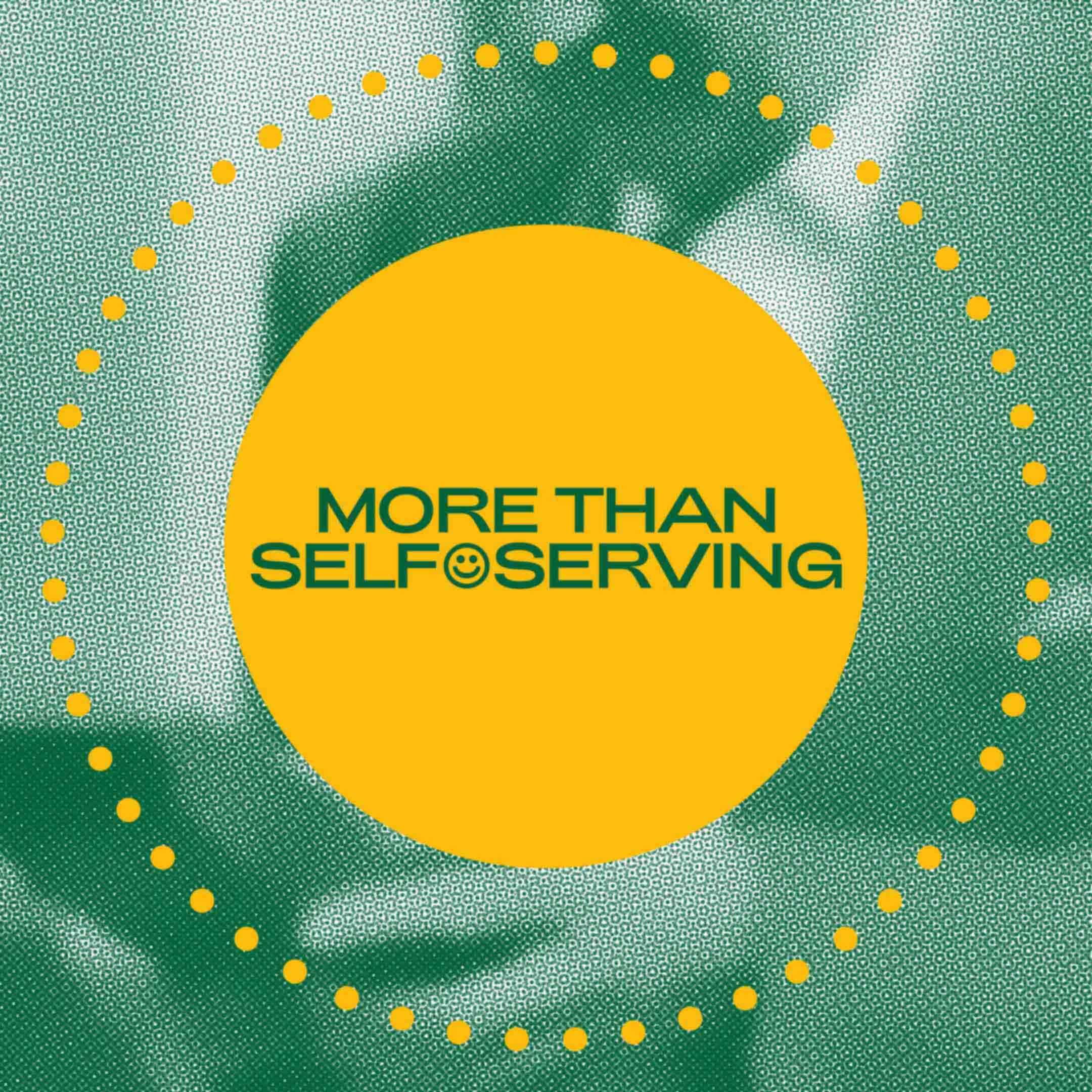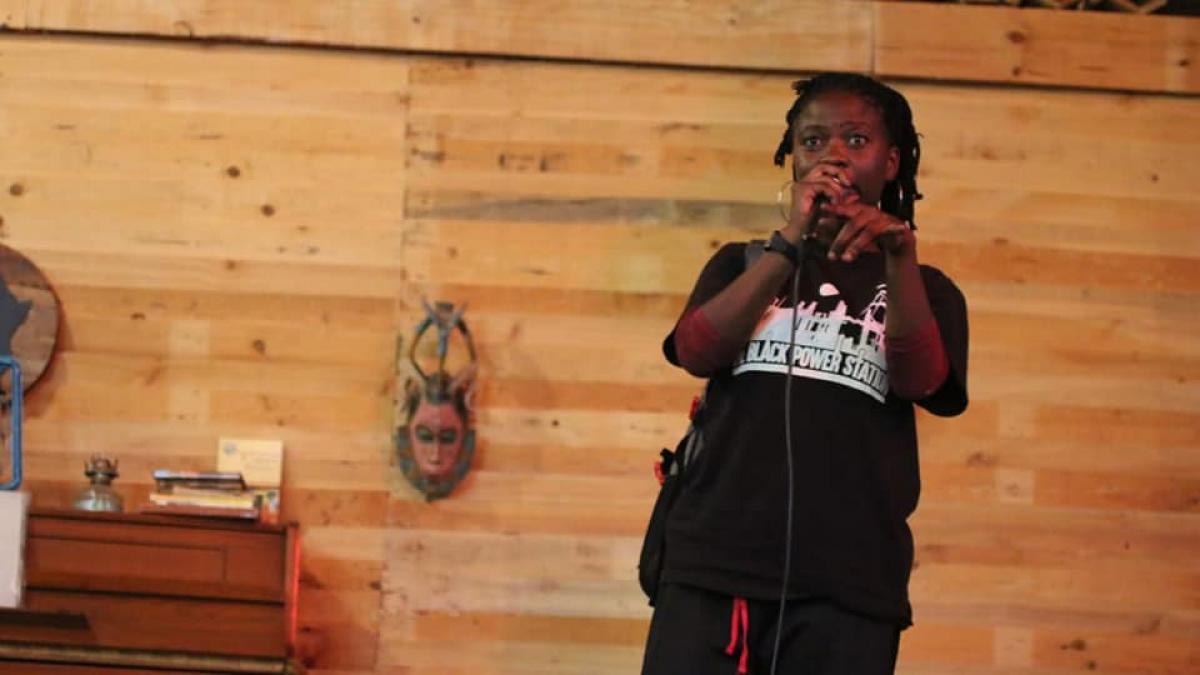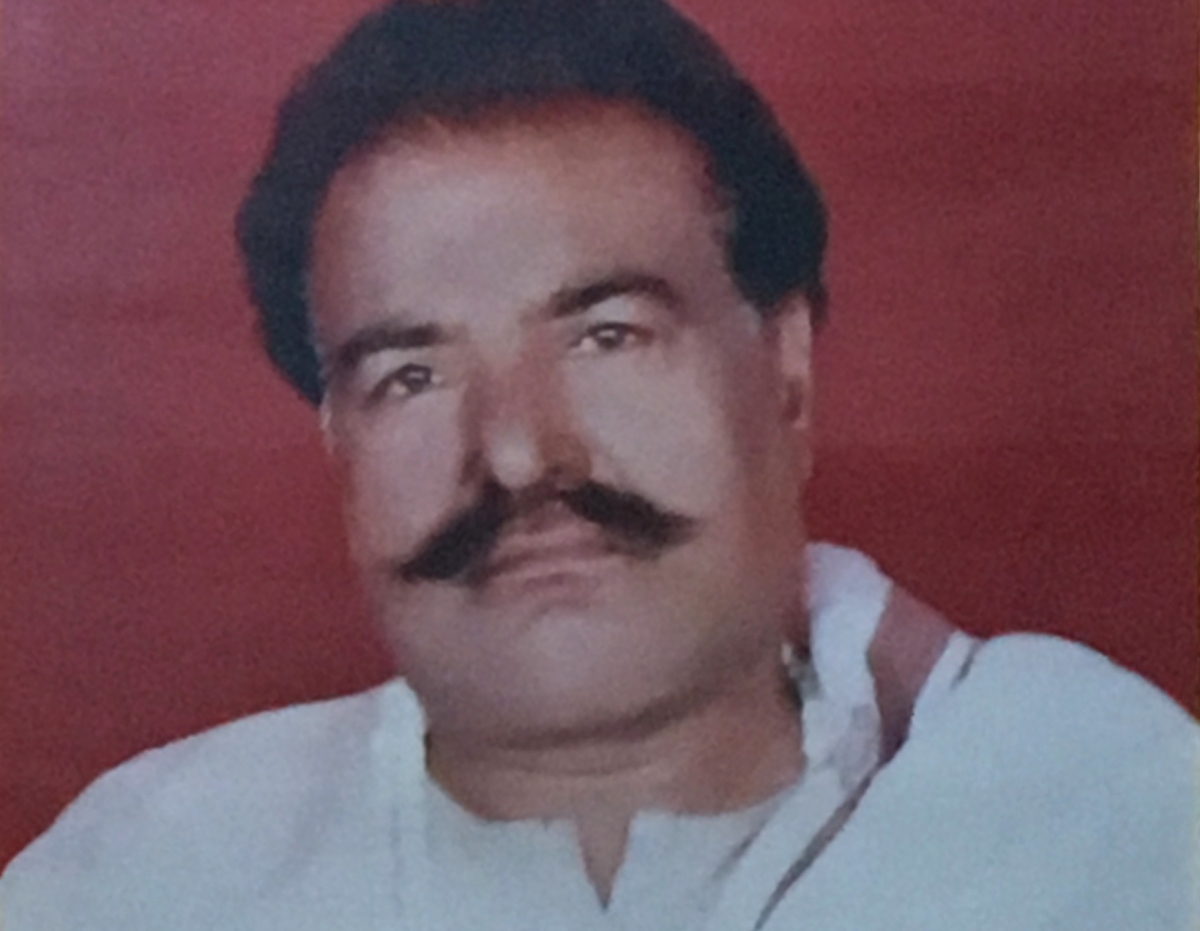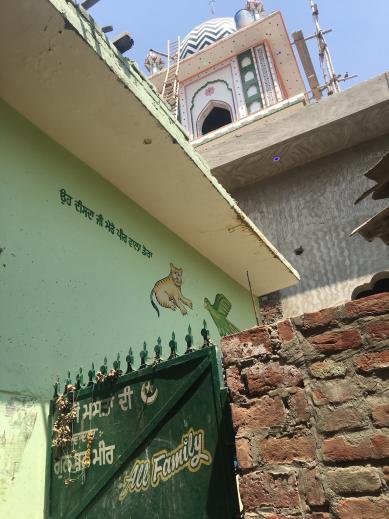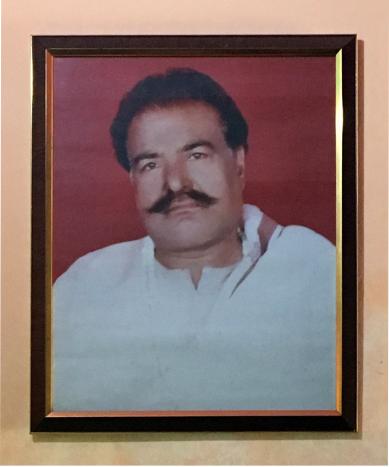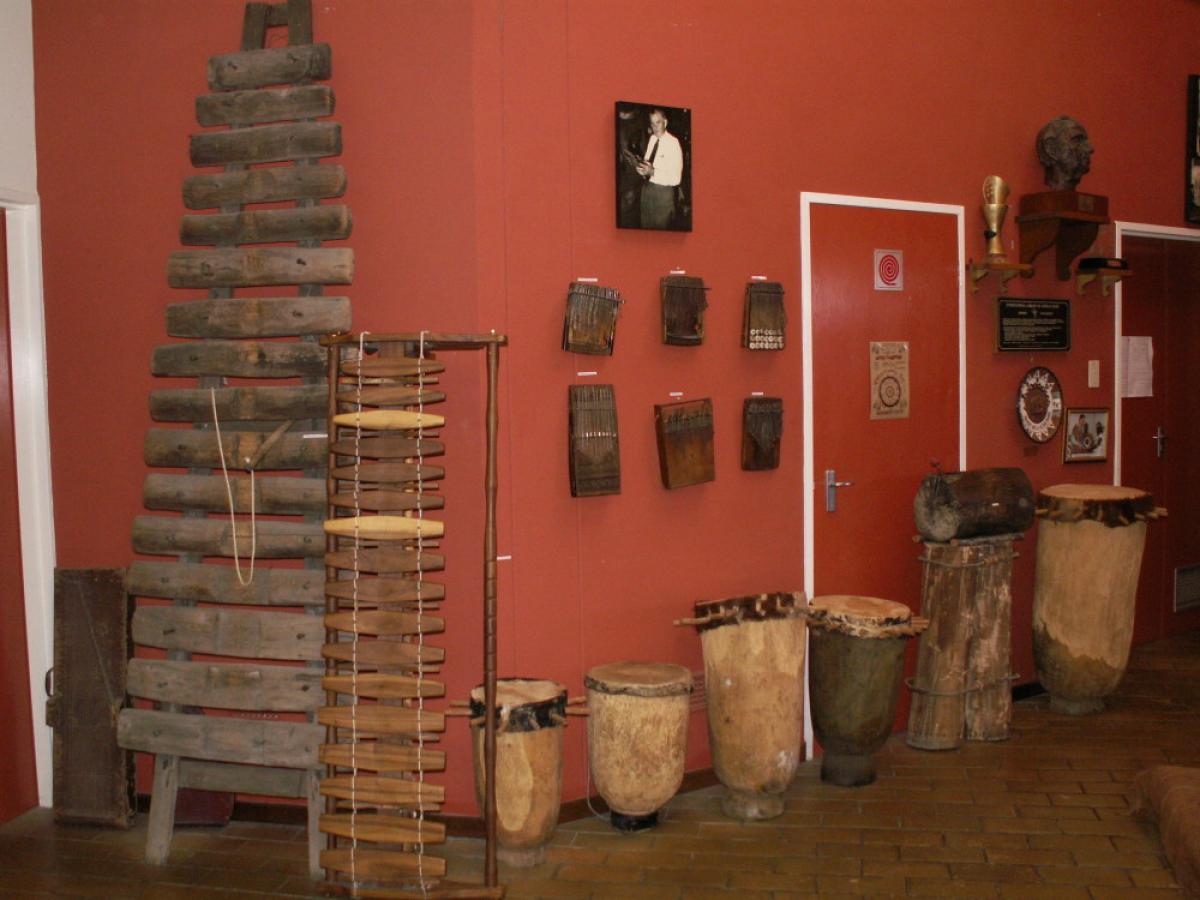
Dancing to Colonial Archives
The label Beating Heart Project repurposes ethnomusicological recordings from the International Library of African Music (ILAM) in Grahamstown, South Africa, to raise money for its charitable projects in Malawi and South Africa. In this article, Harry Edwards discusses the project’s sampling ethics and the supposed unequal power relations inherent to sampling in electronic dance music.
Being transparent about the origin of samples in electronic dance music is important. Even more so when dealing with recordings from colonial archives that might be based on unequal power exchanges. Unfortunately, the Beating Heart Project currently fails to achieve this, despite its charitable model moving the debate forward from a simple question of appropriation.
In 2016, Beating Heart’s British co-founders Chris Pedley and Olly Wood approached the International Library of African Music (ILAM) in Grahamstown, South Africa – the world’s largest single collection of ethnographic recordings made in Africa – with a plan to remix parts of its collection in order to raise money for charitable projects in the areas the recordings were made. Over the course of numerous releases, the project has employed music producers from around the world to reimagine the ILAM’s recordings in order to fund charitable projects in Malawi and South Africa.
Remixing the collection for dance music and creating a charity around the music is certainly a novel way to utilize audio previously only accessible to a niche audience of academics and enthusiasts. Reinvesting the returns does something to address the imbalance of power inherent in ethnomusicological recordings, whereby the collector benefits far more than the ethnomusicologists’ subject. Nevertheless, dancing to music released by the project takes on a different dimension after learning about the multitude of unequal exchanges through which the ILAM was compiled.
The International Library of African Music
The ILAM was founded in 1954 by British-born and self-trained ethnomusicologist Hugh Tracey (1903–1977), to store and distribute the 35,000 field-recordings he had made across Sub-Saharan Africa between the 1920s and 1970s. Nowhere on the project’s former website or social media, however, is there any critical engagement with the context of racialized inequality in which the ILAM’s recording were made, or Tracey’s role as a functionary in the development of the apartheid policy of retribalization in South Africa.
The policy of retribalization aimed to limit the revolutionary potential of a united working-class Black population by engineering a process whereby the cultural identities of Black South Africans were constructed in terms of competing tribes. Defining the boundaries of this retribalization was often left to gatekeepers of cultural production such as Tracey. Retribalization resonated with his personal dislike of syncretic music, and by refusing to record or promote music that represented the cultures of working-class urban Black people, Tracey helped to create «a divisive and often imagined tribal world that fetishized ethnic purity» (Felber 2011, 31).
Significantly, Tracey paid the performers he recorded a paltry amount and the copyright to all of the recordings rests with the ILAM. Ethnomusicologist Paulette Coetzee consequently argues that Tracey’s role was one of «an active representative of a late-colonial movement that sought to co-opt and manipulate indigenous culture rather than repress it» (Coetzee 2015, 398).
Can Sampling Be More than Self-Serving?
Beating Heart does little to engage with the full history of the ILAM and that is a problem. The original artists are being taken advantage of all over again so long as the ILAM is depicted as the source of the recordings. When promoting its releases, the project needs to actively address and engage with this problematic past. Charity is not a sufficient reason to avoid problematizing it.
Nevertheless, it would seem churlish to dismiss the support of the artists involved in remixing the ILAM’s recordings when the Beating Heart Project has materially benefited communities in the regions from where the recordings originally came. The project is not using the cultural content of the musicians it samples without giving back monetary compensation, however late or imprecise.
Given that it would be almost impossible to find the original musicians involved, does appropriating material with the sincere aim of redistributing the income act as an appropriate mechanism by which problematic ethnographic recordings can be re-engaged with? Perhaps. While it would be preferable to live in a world where this kind of private charity is no longer necessary, it might indeed be better to sample these recordings for tangible social good than to just leave them sitting in an archive.
Nonetheless, so far these remixes have principally been created for use on international dance floors. Can artists’ involvement be more altruistic than it is self-serving without serious cultural engagement with the source culture? I would argue it cannot, once again underlying the need for greater transparency from the project.
List of References
This article is part of Norient’s online publication Sampling Politics Today, published in 2020 as part of the research project «Glocal Sounds – Re-Working and Re-Coding Place References» (No. 162797), funded by the Swiss National Science Foundation (SNSF) and supported by the Bern University of the Arts HKB.
Bibliographic Record: Edwards, Harry. 2020. «Dancing to Colonial Archives». In Sampling Politics Today, edited by Hannes Liechti, Thomas Burkhalter, and Philipp Rhensius (Norient Sound Series 1). Bern: Norient. DOI: 10.56513/nftg6449-13.
Biography
Harry Edwards is currently completing his master's degree in Global History at Freie Universität Berlin and Humboldt-Universität zu Berlin. His research focus has been on music in history and how it intersects with power, politics, and identity in post-colonial contexts. He is particularly interested in how different forms of electronic dance music transfer, translate, and transform as they travel around the world. His master's thesis will be on acid house and masculinity in Britain.
Links
Published on September 24, 2020
Last updated on April 09, 2024
Topics
What happens when U.S.-blogger collects african music and offers it for free? What is the difference between «textually signaled» and «textually unsignaled»?
About the ups and downs of cross-cultural creativity: Korean reggae, vaporwave, and the worldwide Hindu Holi festival.
Sampling is political: about the use of chicken clucks or bomb sounds in current music.
How did the internet change the power dynamic in global music? How does Egyptian hip hop attempt to articulate truth to power?
How can sound & music be preserved and at the same time evolve in line with the present?
Special
Snap
